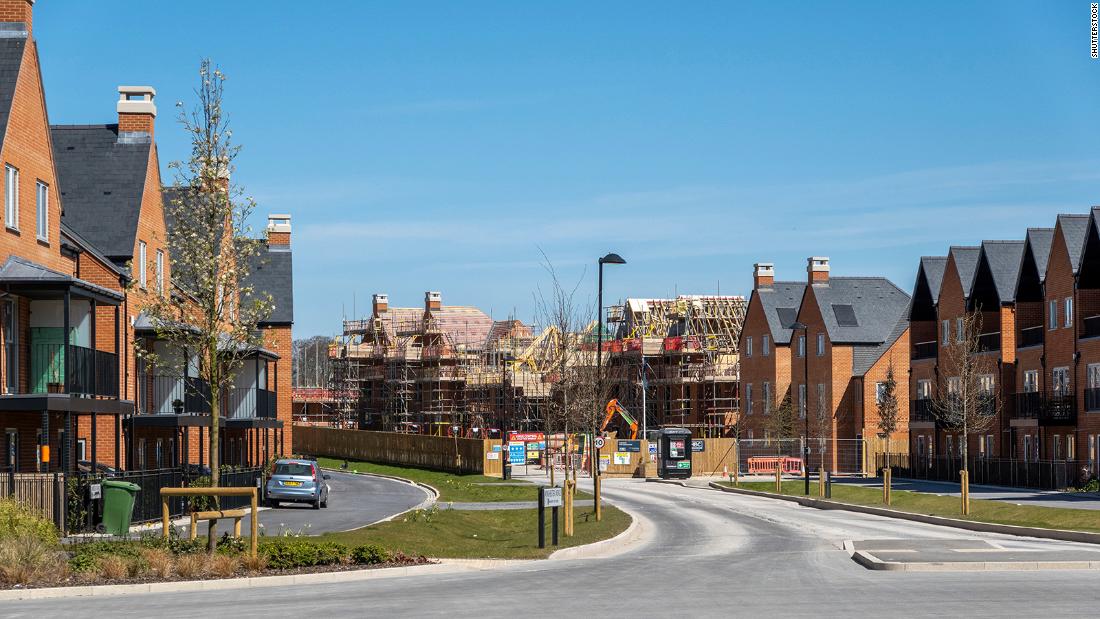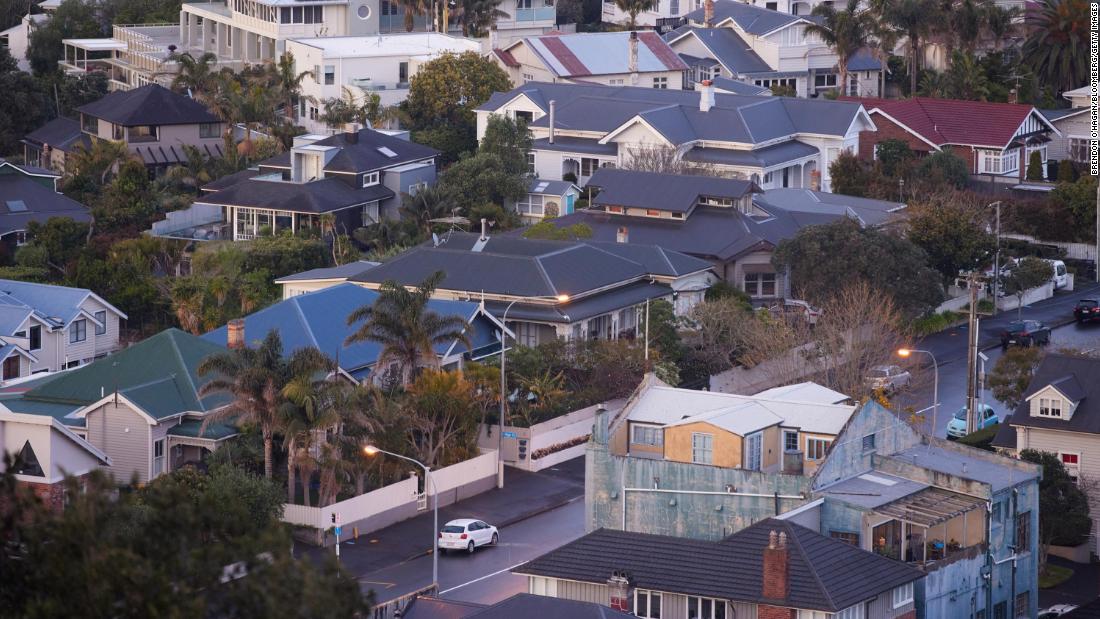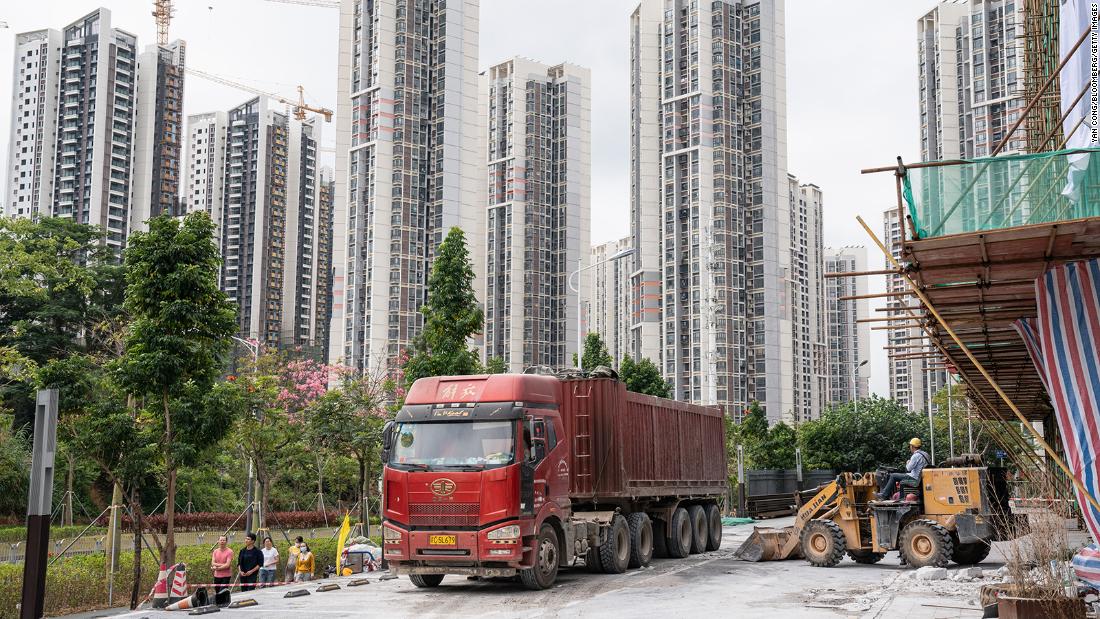On this podcast I speak about some news articles which have caught my eye in the last few days including:
- Tax changes and news including for South African expats and the minimum tax
- Is there going to be a huge boom in house prices, and will governments try to cool the market?
If you want me to invest, don’t hesitate to contact me, email (advice@adamfayed.com) or use the WhatsApp function below.
To give credit to the original authors I have copied the articles below
Non-compliant expats in Africa headed for tax showdown with SARS – IT online
South African expatriates who ignore their tax obligations will soon find themselves in hot water with SARS.
“They need to urgently review their compliance status with an expatriate tax specialist or risk a major personal financial crisis and even jail time,” warns Jashwin Baijoo, legal manager: Africa tax and compliance at Tax Consulting South Africa.
This is especially true of those working in African countries, who might blindly assume they are free from taxation because of a dual tax agreement that nation has with South Africa.
Worldwide income
Legally, every South African, no matter where they are on the planet, must declare their annual worldwide income to SARS and pay tax on those earnings for the rest of their lives.
While in the past, expatriate income was largely exempt from taxation, from 1 March 2020, their earnings above R1.25 million are subject to tax of up to 45%.
Provisional tax
In addition, if an expatriate working in Africa is a businessperson, self-employed or works for a foreign company, they become a provisional taxpayer.
“A provisional taxpayer is any person who earns income from a source other than employment with an employer registered for South African PAYE,” says Baijoo.
If so, they must declare their estimated annual income upfront, paying half their tax by 31 August and the balance by 28 or 29 February the next year.
Dual tax agreements
Many African countries have dual tax agreements with South Africa to ensure expatriates are not taxed by both governments.
However, this does not free them from declaring their annual income to both SARS and that nation’s tax authority. Also, if the tax in that country is less than what would have been paid in South Africa, they may have to pay the difference to SARS.
Each country’s dual tax agreement differs in its requirements, again suggesting that the assistance of an expatriate tax specialist is critical.
Bad tax planning
Baijoo agrees: “Most cases we handle are a result of bad tax planning by those who are neither knowledgeable about nor qualified for the complexities of expatriate tax.”
Unfortunately, a recent change to tax law means that even expatriates who were simply negligent in their declarations could still spend up to two years in prison for their oversight.
More difficult to evade
It is also dangerous to believe, as one could in the past, that SARS will never find out about hidden income.
The South African government recently provided SARS with R3 billion to boost its auditing and tracing capabilities using advanced technologies like artificial intelligence (AI).
The tax authority also participates in financial information sharing with many other countries as part of a global effort to reduce tax fraud and money laundering.
“The fact is, SARS is gaining incredible power to detect non-compliance through third-party data and is rapidly closing in on delinquent taxpayers,” says Baijoo.
The right tax advisor
Expatriates who work in Africa and recognise the need to ensure they are tax compliant should not approach just any tax consultant.
Instead, they need to engage one that specialises in expatriate tax and is backed by a strong legal component.
“It is essential to have someone on your side with proven experience in negotiating settlement agreements with SARS, and is guided by a deep understanding of tax law,” says Baijoo.
Why China should slash taxes just as the US seeks a global minimum rate for corporations – SCMP
- Washington’s push for world economies to sign up to a minimum corporate tax level of 15 per cent offers Beijing a chance to reform its own tax regime by cutting corporate and personal income taxes and streamlining VAT and social security contributions
- Doing so could help China retain multinationals spooked by the trade war and rising business costs, attract more FDI, and bolster the country’s competitive edge in global supply chains
The move by the United States to support an international effort for a global minimum corporate tax, which would apply to multinational firms, has injected momentum into discussions on how international businesses are taxed amid speculation that a deal could be reached as early as October.
Curiously, this significant international taxation reform has hardly caused a ripple in China with news reports and commentaries discussing the issue largely in the global context, giving the impression that it has less bearing on the country, home to many multinationals.
Beijing’s cautious approach is puzzling, to say the least. As the world’s second biggest economy and the top recipient of foreign direct investment (FDI), China should play a more active role in international discussions of this significant issue.
Moreover, Washington’s push for the global tax plan could offer Beijing a good opportunity to further reform its own tax regime by cutting corporate and personal income taxes and streamlining its value-added tax categories and social security contributions.
This would help Beijing to gain geopolitical and geoeconomic benefits as well as attracting FDI and boosting domestic manufacturing at a time when the Washington-led alliance against China over human rights, Taiwan, and trade practices is putting pressure on multinationals to relocate some of their operations out of the country.
Since 2012, the Paris-based Organisation for Economic Cooperation and Development has been leading negotiations on a global tax plan targeting multinationals and digital services firms among its nearly 140 member countries. Even though China is not a member, reports suggest it has been “fully involved”.
In April, Washington joined the fray and accelerated the momentum of discussions as US Treasury Secretary Janet Yellen made the case for a global minimum tax on multinational companies, which could help end a “a 30-year race to the bottom on corporate tax rates”.
Following a US proposal that it would impose a global minimum tax of 21 per cent for US companies, there had been speculation it would push for a similar rate worldwide.
The US proposal comes as President Joe Biden needs to generate revenues and finance his US$2 trillion infrastructure spending spree at home by planning to raise the US corporate tax rate to 28 per cent from 21 per cent.
Higher taxes could prompt US companies to shift jobs and profits to tax-haven jurisdictions, hence the idea to impose a global minimum.
This month, Washington indicated that it would accept a global minimum tax of 15 per cent, a rate much lower than its stated goal of 21 per cent for US companies. This was aimed at speeding up the international negotiations.
Its new position has gained traction in major European countries including Germany and France and raised hopes that significant progress would be made in the third meeting of the finance chiefs of the Group of 20 leading economies scheduled for July ahead of the G20 summit of leaders in October.
People are panic buying homes as prices skyrocket around the world – CNN
It wasn’t long ago that real estate experts were bracing for the worst.The coronavirus pandemic had sent large parts of the world into lockdown, shuttering businesses, costing tens of millions of workers their jobs and putting the housing market into a deep freeze.
The number of people asking lenders for more time on their mortgage payments surged as the global recession hit.”This time last year we thought it was going to be 2008 all over again,” said Kate Everett-Allen, the head of international residential research at real estate consultancy Knight Frank.
The fear was that house prices would collapse, as they reliably had done in past economic downturns. An increase in bankruptcies and unemployment would squeeze disposable incomes and make it difficult for highly indebted homeowners to keep up with their mortgages.Those fortunate enough to own second homes would be forced to sell to build up cash reserves, putting even more downward pressure on prices.”Actually, none of that happened,” added Everett-Allen.
Instead, house prices soared even as the world suffered its worst slump since the Great Depression. From New Zealand to the United States, Germany, China and Peru, the same phenomenon has taken hold: home prices are skyrocketing, and many buyers are panicking.
Among the 37 wealthy countries that make up the Organization for Economic Cooperation and Development (OECD), real house prices rose by almost 7% between the fourth quarter of 2019 and the fourth quarter of 2020 — the fastest year-on-year growth in the past two decades.So is this a bubble about to burst? No, according to Everett-Allen. Borrowing remains cheap and, once borders reopen, foreign investors will provide even further impetus to property markets, where purchasing activity has been largely driven by domestic buyers, she said.”That will play out over the course of the rest of this year and next, and then there might be something of a lull,” she added.
The Covid effect
In an unexpected twist, the pandemic has benefited house prices.That’s because governments around the world helped homeowners by temporarily banning repossessions and providing trillions of dollars of support for workers and businesses. Interest rate cuts kept mortgage repayments affordable in many places, while temporary reductions to purchase taxes in some markets spurred home buying.
These measures cushioned the housing market from the coronavirus recession. But the pandemic itself has actually turbocharged prices.”If you lock up the vast majority of the population for months, they [rapidly reassess] what they want from their homes,” said Richard Donnell, research director at UK property platform Zoopla.
As people were forced to transform houses into offices and classrooms, it didn’t take long for a “race for space” to take hold.Wealthier individuals in several countries have fled cities for larger suburban homes with more outdoor space in the anticipation that they won’t need to commute into central offices as much even after the pandemic ends.
Many of them are financially in a better position than they were before the pandemic hit, since they’ve spent less on vacations and eating out, and can therefore spend more on house purchases.For example, in the United Kingdom, commuter towns within easy reach of London, such as Bishop’s Stortford and Winchester, have seen property values surge.”Anything with a home office within an hour train ride of London is going for 10% above market value,” according to Daniel Harrington, international head of growth at upmarket estate agent Fine & Country. New housing north of Winchester, England. UK house prices surged 8.5% in 2020, the fastest annual growth rate since 2014.One trend Harrington has observed in capitals such as London and Paris sees wealthy executives trading their centrally located houses for something bigger but cheaper further out of the city, leaving them with enough cash to buy a small apartment downtown and a holiday home elsewhere.
New housing north of Winchester, England. UK house prices surged 8.5% in 2020, the fastest annual growth rate since 2014.One trend Harrington has observed in capitals such as London and Paris sees wealthy executives trading their centrally located houses for something bigger but cheaper further out of the city, leaving them with enough cash to buy a small apartment downtown and a holiday home elsewhere.
That’s heightened domestic demand for property in places such as the French Riviera, which is traditionally dominated by foreign buyers.In the seaside resort town of Ilfracombe in southwest England, Lee Hussell, the director of estate agency Webbers, has sold two properties in recent months for £100,000 ($139,000) above the asking prices.”In 38 years of buying and selling homes I haven’t witnessed a market like it,” commented Henry Pryor, a UK buying agent. “There have been stories of buyers paying £10,000 ($14,100) plus just to be able to view a property.”With inventory levels in the United Kingdom some 30% below the norm, people are “panic-buying properties,” Pryor added.
Transactions have been tracking above average every month since November, with March notching 180,000 sales, almost double the average for the same month over the past 20 years.
“Twelve months ago, people were panic buying toilet paper for fear they might run out. That’s very much the sensation we have today [in the housing market],” he said.House prices in Britain surged 8.5% in 2020 despite the worst recession in more than three centuries.
That’s the highest annual growth rate since 2014, according to the Office for National Statistics.And it’s not just the United Kingdom. In the United States, the number of sales of existing homes reached the highest level in 2020 since 2006, according to the National Association of Realtors.House prices rose 9% in 2020 and have continued to climb, with the median price of an existing home hitting a historic high of $329,100 in March.In one staggering example of how frenzied the market has become, realtor Ellen Coleman received 76 all-cash offers on a $275,000 fixer-upper in suburban Washington D.C. within three days of listing the property.
The four-bedroom, 1,800 square-foot home sold for $460,000, a 70% increase on the asking price.From Auckland to Shanghai, Munich and Miami, house prices appear to be defying gravity.In Germany, properties are selling within two weeks of being listed and brokers are struggling to secure listings, according to Michael Heming, master licensee for Fine & Country in Germany, Austria and Switzerland. “It’s a very strong market and prices are going higher and higher,” Heming told CNN Business.
In Portugal, foreigners have been snapping up houses despite not being able to view the properties they’re buying.
Prices there jumped 6% in the fourth quarter of 2020 compared with the same period a year earlier, according to Knight Frank data.Despite having no visitors from traditionally strong buyer markets, such as Brazil, Britain, France and Belgium, the first three months of 2021 has already broken sales records, according to Charles Roberts, Fine & Country Portugal’s managing partner. “We have sold quite a lot of that blind,” Roberts said, adding that foreign buyers want fresh air, open space and a picturesque bolthole to escape to for the next pandemic.
“When travel opens up, I think we’re in for three months of pandemonium.”He recently sold an apartment in coastal Cascais, just west of Lisbon, for €3.5 million ($4.2 million) to a South African who has never visited the town.In India, prices have declined following a 6.9% slump in GDP last year, but transactions surged following the end of the first lockdown.”Covid led to activity coming back into the market,” said Hitesh Oberoi, the CEO of Info Edge, which owns India’s largest property portal, 99acres.com. “A lot of people want bigger homes,” he added. “Many people felt that because the economy was tanking they would get good deals.”Oberoi said that falling interest rates and lower duties on transactions in some parts of the country have also helped, but that the market is slowing down once again as India battles a devastating second wave of the virus.
Governments move to cool markets
In several countries, governments are already looking at ways to prevent their housing markets from overheating.In New Zealand — where median prices for residential property increased by more than 24% over the year to March to a record high — the government is under pressure to stabilize the market, according to Wendy Alexander, the acting CEO of the Real Estate Institute of New Zealand.In March, the government announced a string of measures that they hope will “cool demand from investors” and slow the pace of price growth, Alexander said. For example, tax loopholes have been tightened and ministers are considering clamping down on interest-only loans to speculators. Houses in Auckland, New Zealand.In China, where house prices in “tier-1 cities” including Beijing, Shenzhen, Shanghai and Guangzhou rose by 12% on average year-on-year in March, “Beijing is more determined than ever to rein in property leverage,” analysts at Societe Generale said in a note last week.”Over 30 cities, accounting for one-fifth of national sales in 2019, have rolled out major tightening measures,” said Michelle Lam, Societe Generale’s greater China economist.”These include buying and selling restrictions, credit restrictions, increasing the holding period for tax exemptions and fixing loopholes via fake divorces,” she added. In the past, some couples have filed for divorce to get around caps that limit property ownership for families.
Houses in Auckland, New Zealand.In China, where house prices in “tier-1 cities” including Beijing, Shenzhen, Shanghai and Guangzhou rose by 12% on average year-on-year in March, “Beijing is more determined than ever to rein in property leverage,” analysts at Societe Generale said in a note last week.”Over 30 cities, accounting for one-fifth of national sales in 2019, have rolled out major tightening measures,” said Michelle Lam, Societe Generale’s greater China economist.”These include buying and selling restrictions, credit restrictions, increasing the holding period for tax exemptions and fixing loopholes via fake divorces,” she added. In the past, some couples have filed for divorce to get around caps that limit property ownership for families. Residential buildings under construction in Shenzhen, China.But even with greater curbs in place, Societe Generale analysts expect the correction in house prices in China to be modest given that lending conditions will remain favorable and because of sound demand for urban property, limited supply in top-tier cities and persistent interest in property investment.Banking regulators elsewhere could also tighten mortgage lending rules in order to cool markets, according to Matthias Holzhey, head of Swiss real estate investments at UBS, who points to regulation more broadly as a possible threat to house price growth.For example, policymakers could increase taxes on land and transactions, particularly as governments seek to repair public finances following the pandemic.
Residential buildings under construction in Shenzhen, China.But even with greater curbs in place, Societe Generale analysts expect the correction in house prices in China to be modest given that lending conditions will remain favorable and because of sound demand for urban property, limited supply in top-tier cities and persistent interest in property investment.Banking regulators elsewhere could also tighten mortgage lending rules in order to cool markets, according to Matthias Holzhey, head of Swiss real estate investments at UBS, who points to regulation more broadly as a possible threat to house price growth.For example, policymakers could increase taxes on land and transactions, particularly as governments seek to repair public finances following the pandemic.
Why the boom is unlikely to bust
But even as governments train their sights on the housing market, analysts are not predicting a house price correction.Global economic growth is projected to be much stronger this year, as vaccines are rolled out and lockdown restrictions ease, which will be supportive of housing markets.Crucially, interest rates are expected to remain low. “Historically, periods of weak house prices have been triggered by rising interest rates,” said Holzhey.

Mortgage rates are falling againRock bottom rates have been a key driver of prices, particularly in the United States and Europe, because they make borrowing more affordable.
Mortgage rates across the 19 countries that use the euro averaged just 1.3% in March, according to official statistics.Even with inflation edging higher, policymakers are expected to keep interest rates low to secure the recovery.
They may have to change tack if prices keep rising and hold steady at higher levels, but major central bankers have been at pains to stress they’re comfortable to let their economies run hotter than normal if it will help juice growth and create jobs.”Mortgage rates will remain structurally low and supportive of market growth for the next couple of years,” said Adam Challis, Jones Lang LaSalle’s executive director for research and strategy across Europe, the Middle East and Africa.In other words, don’t expect this boom to bust any time soon.
Pained by financial indecision? Want to invest with Adam?

Adam is an internationally recognised author on financial matters, with over 270.6 million answers views on Quora.com and a widely sold book on Amazon
Further Reading
Sign up for my next webinar on June 30. Read more on the link below.



